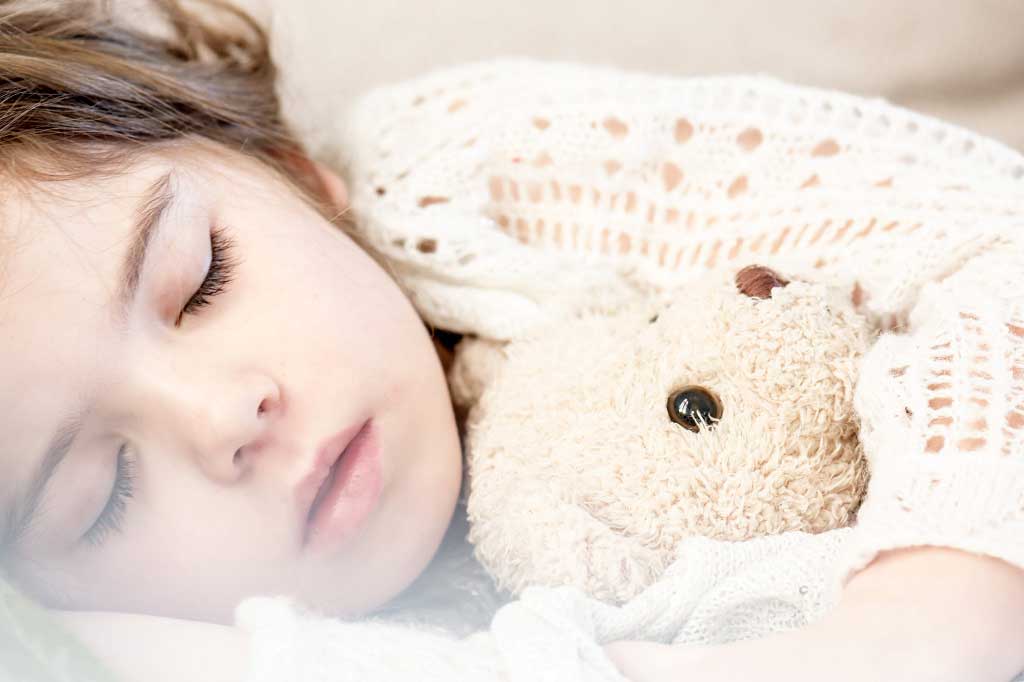Egg development in older women
Pregnancy and child
‘Clue found to why egg flaws seen in older women’, a BBC News headline announced. The website said that scientists may be closer to understanding why older women are more likely to produce abnormal eggs.
‘Clue found to why egg flaws seen in older women’, a BBC News headline announced. The website said that scientists may be closer to understanding why older women are more likely to produce abnormal eggs.
The research covered by this article looked at cell division in the eggs of mice. It found that the level of proteins involved in positioning chromosomes in the cell is reduced in the eggs of older mice. This means that when the cells start to divide in two, the chromosomes are less likely to be in the correct place. Older mice were more likely than young mice to produce eggs with the wrong number of chromosomes.
This basic research has furthered our understanding of the changes that occur in female eggs with age. Currently, this animal study has no direct implications for women who become pregnant or who want to conceive later in life. It is already known that women’s ability to reproduce declines from their mid-30s, but this early research does not offer a solution or an explanation for this in humans.
Where did the story come from?
The study was carried out by researchers from Newcastle University and was funded by the Newlife Foundation for Disabled Children and the Medical Research Council. The study was published in the peer-reviewed journal Current Biology .
This research was covered well by BBC News, The Guardian and the Daily Express .
What kind of research was this?
This study in mice looked at why eggs released from older female mice were more likely to incorrectly contain extra chromosomes than eggs released from younger females.
When eggs are produced, they contain half the number of chromosomes than other body cells (23 instead of 46). This is so that when they are fertilised by sperm, the two half-sets of chromosomes combine to form a complete set of 46 chromosomes. These cells with half-sets of chromosomes are formed by a specific type of cell division called meiosis.
The risk of producing eggs with an incorrect number of chromosomes is higher in older women. For example, the genetic disorder Down’s syndrome is caused when the female egg has two copies of chromosome 21. When the egg is fertilised by the sperm, it results in a child with three copies of this chromosome. The older a woman is when she has a baby, the higher the risk of her baby having Down’s syndrome. The researchers wanted to investigate the mechanisms of meiosis and how age may affect them.
What did the research involve?
The researchers used a type of mouse that lives for a relatively long time (25 months). In these mice, fertility declines in the females after they are eight months old. By the age of 12 months, they generally do not produce litters, although some litters have been recorded up to 16 months. The mice used in this study were 14 months old.
Meiosis cell division involves a number of steps that eventually produce eggs with half the number of chromosomes as other body cells. The researchers harvested eggs from mice of various ages and used live cell imaging to see how the chromosomes were dividing and to look at the cellular “scaffolding” (cytoskeleton) inside the cell, which allows the chromosomes to move around. They also investigated proteins in the cell that are thought to be involved in meiosis.
What were the basic results?
The researchers found that defects occurred during a particular phase of meiosis in most of the eggs. These defects varied in severity. There were more defects in older mice than in 2-month-old mice.
Complex imaging was used to assess how and where the problems with cell division happened. Usually, before the cells divide, the chromosomes line up in matching pairs in the middle of the cell. When the cell divides down the middle into two, one chromosome of each pair goes to one egg and one goes to the other. The researchers found that in the eggs of older mice, the chromosomes were more likely not to line up correctly. This process is known to be regulated by a protein called cohesin, and the researchers found that 14-month-old mice had reduced levels of cohesin compared with younger mice.
A decrease in the level of cohesin was associated with a decrease in the strength of the link between pairs of chromosomes and the link between the two parts that make up one chromosome. The researchers also found that there were lower levels of another protein, called Sgo2, which protects the cohesin protein, allowing it to function.
How did the researchers interpret the results?
The researchers concluded that mistakes during meiosis cell division, which result in abnormal division of chromosomes in older egg cells, are not due to age-related defects in structures in the cell or in the cell’s energy production, which are known to drive ageing in other cells in the body. The researchers suggest that the cause of defects in meiosis can be narrowed down to proteins that regulate the chromosome-separation process.
Conclusion
This well-conducted, basic research furthers our understanding of how cell division to produce egg cells is regulated and how this may be affected by age. The research suggests that a reduction in the amount of two proteins in the cell, which comes with age, is key to this effect. Further research is needed to understand why these two proteins are affected in older eggs.
As this was an animal study, its relevance to humans is currently limited. The researchers suggest that there is a growing trend for women to postpone child bearing and that maternal age-related miscarriage and birth defects are a consequence of errors in chromosome separation during egg development. However, at this stage, any direct implications for women becoming pregnant at an older age are limited.






 Subscribe
Subscribe Ask the doctor
Ask the doctor Rate this article
Rate this article Find products
Find products






